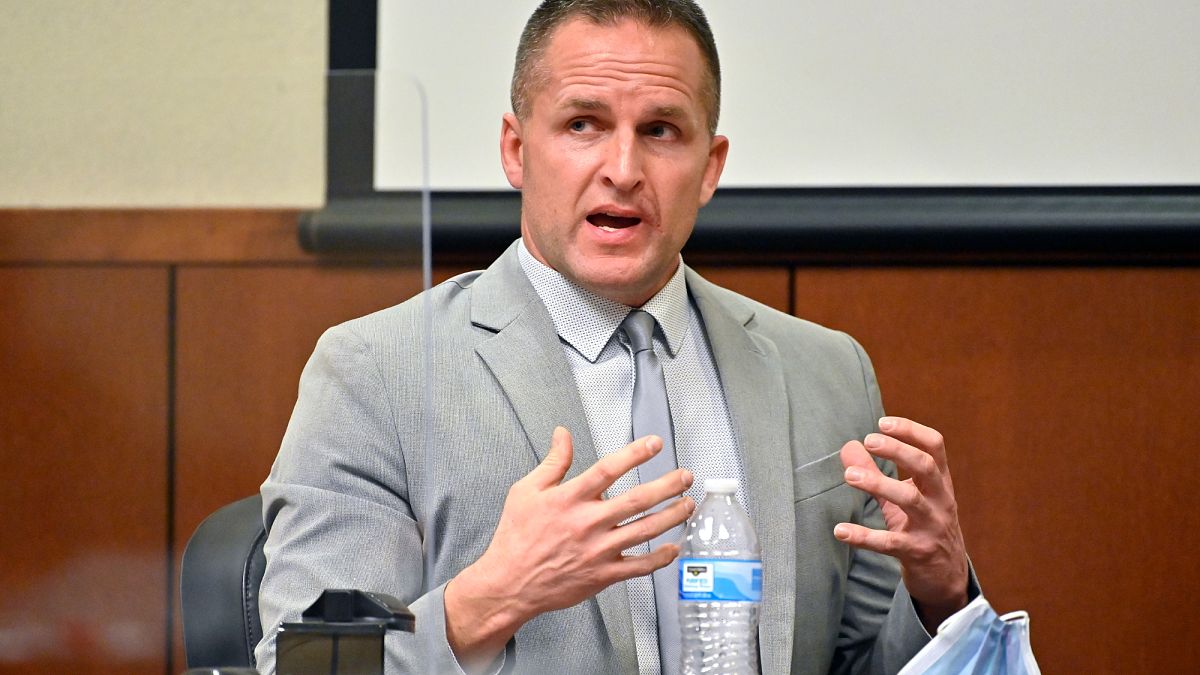

In a series of international developments, recent news highlights significant judicial, environmental, and public health matters that have captured global attention. These stories, although distinct in their context, underline the complex challenges and opportunities faced by our world today.
In the United States, a federal case concerning law enforcement accountability concluded with a significant judicial decision. A former police officer involved in the fatal Breonna Taylor raid was sentenced to nearly three years in prison. The sentence diverged from the U.S. Department of Justice’s recommendation of no prison time, reflecting broader societal debates on justice and accountability. Breonna Taylor’s mother, Tamika Palmer, expressed her disappointment over the sentencing, hoping for a more stringent resolution. This case serves as a vivid reminder of the ongoing dialogues concerning policing and justice reforms in American society.
Turning our gaze eastward, a troubling incident in China has prompted swift legal and regulatory responses. Over 230 kindergarten children in Gansu province were reportedly poisoned by food tainted with industrial-grade lead paint. The principal of the implicated school allegedly sought to enhance the food’s appearance to attract more enrollments, leading to the unsafe practice. In response, Chinese authorities arrested six individuals and launched disciplinary investigations into nearly 30 others. The incident has sparked national outcry and highlighted significant lapses in food safety and regulatory oversight. An investigative report by the Gansu provincial party committee has revealed attempts to conceal the issue and manipulate test results, further intensifying calls for accountability and stricter safety measures.
Meanwhile, in the realm of environmental advancements, China has embarked on an ambitious project that aims to redefine the landscape of renewable energy. The construction of the world’s largest hydropower dam has commenced on the Yarlung Tsangpo River in Tibet, a massive undertaking that has been described as the “project of the century” by China’s premier. While the initiative promises to boost China’s renewable energy capacity significantly, it also raises environmental and geopolitical concerns, particularly among downstream nations such as India and Bangladesh. The project’s impact on local ecosystems, water security, and cross-border relations underscores the intricate balance required in pursuing sustainable development.
These stories, spanning continents and sectors, reflect the intricacies of global progress and the diverse challenges that accompany it. From judicial decisions influencing social justice perceptions to environmental projects redefining energy landscapes and public health responses safeguarding communities, each development contributes to the ongoing narrative of our interconnected world. As we navigate these complexities, the importance of thoughtful, measured actions and collaborations becomes ever clearer in shaping a more resilient and equitable future for all.
Source: {link}
